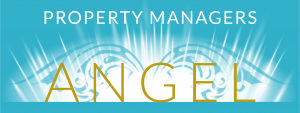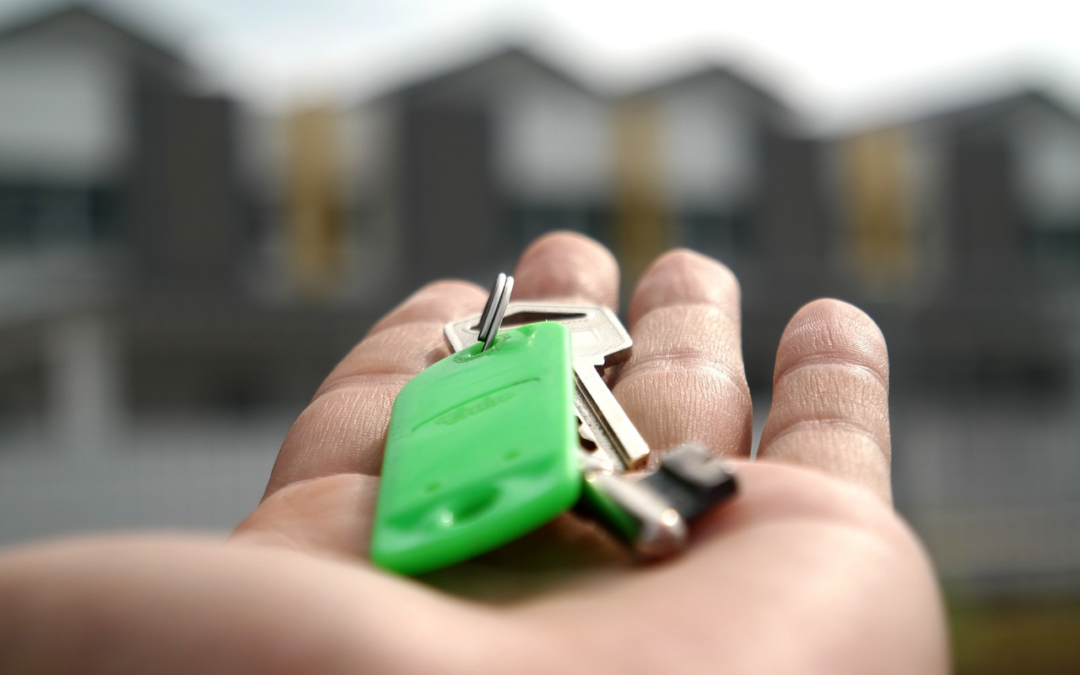As a property owner, there are responsibilities that are fundamental to your role, including setting fair rent increases and maintaining your property. Let’s explore these two elements in depth.
Fair Rent Increase:
One of your primary responsibilities as a landlord is setting and managing rental rates. In a thriving real estate market like Auckland, it’s common practice for landlords to increase rents periodically. But how can this be done fairly and responsibly?
Compliance with Local Laws and Regulations
The first step towards setting a fair rent increase is familiarising yourself with local laws and regulations. The Residential Tenancies Act stipulates the minimum period for rent increase notices and limits the frequency of rent increases. Compliance with these laws is non-negotiable; it protects you legally and creates a good relationship with your tenants.
Providing Proper Written Notice
Just as important as compliance is communication. The law requires landlords to provide proper written notice of a rent increase, typically no less than 60 days before the increase takes effect. This not only gives your tenants adequate time to adjust their budgets but also demonstrates respect and professionalism.
Fair and Reasonable Rent Increase
When it comes to determining the rate of increase, fairness and reasonableness should be your guiding principles. Increases should reflect changes in the local rental market or increased property management costs. A sudden, exorbitant hike could lead to tenant disputes and vacancies.
Communication and Transparency
Lastly, open communication and transparency are vital. Discuss the increase with your tenant and explain why it’s necessary. This step might seem trivial, but it goes a long way in fostering goodwill and maintaining long-term tenant relationships.
Maintenance: More than Fixing Broken Things
Maintenance of the property is another key responsibility for landlords. It’s about ensuring the property is a safe and comfortable home for your tenants.
Ensuring Habitability of the Rental Unit
As a landlord, you must ensure your property meets the minimum standards for habitability as laid out in the Health and Safety at Work Act. This means providing a warm, dry, and safe home that’s free from health hazards.
Promptly Addressing Necessary Repairs
When issues arise, it’s essential to act swiftly. Landlords must promptly address necessary repairs and fix problems reported by tenants. Delayed responses can escalate minor issues into major problems, costing more in the long run and leading to tenant dissatisfaction.
Undertaking Preventive Maintenance
Proactive maintenance is also a critical part of property management. This includes routine inspections and addressing potential issues before they become problems. Preventive maintenance extends the lifespan of your property, saves you money in the long run, and shows your tenants that you take their comfort and safety seriously.
Compliance with Building Codes
Ensuring your property meets local building codes is another important aspect of maintenance. This includes compliance with structural, electrical, and plumbing standards. Regular inspections can help you stay on top of these requirements and avoid costly fines or litigation.
Effective Communication and Documentation
Again, communication is crucial. Keep your tenants informed about maintenance schedules and any work being done on the property. Also, make sure to document all maintenance work for your records. This will help in case of disputes and is necessary for tax purposes.
As a property owner, fulfilling your responsibilities in a fair and transparent manner contributes to a healthy and profitable landlord-tenant relationship. At Angel Property Managers, we’re here to guide you through this process, ensuring you meet all your responsibilities while maintaining positive relationships with your tenants. Remember, a successful landlord is not only a good businessperson but also a great communicator and caretaker.

